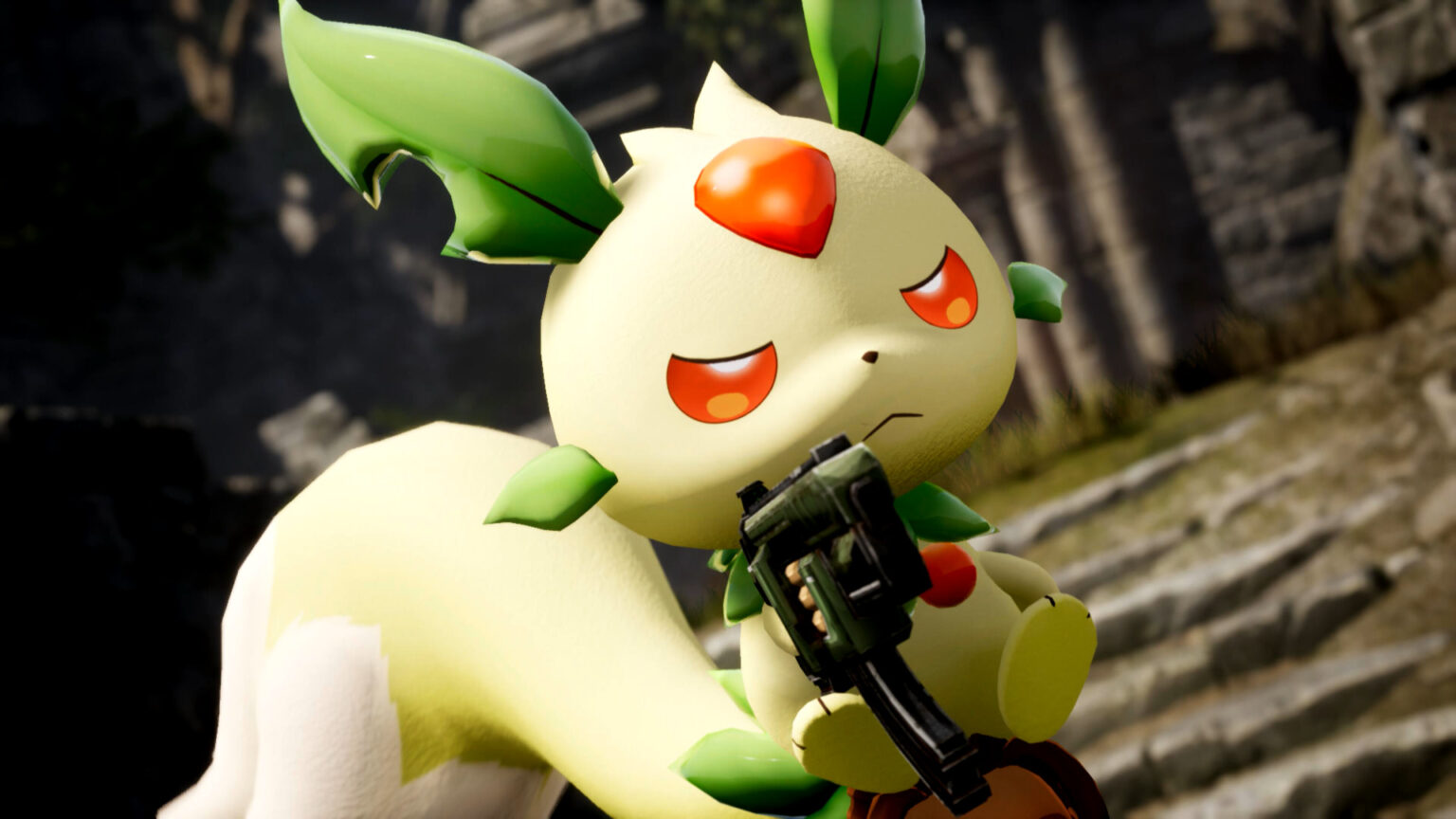While Nintendo’s actions with regards to its patent-based lawsuit against Palworld developer Pocketpair in Japan have already been considered “weird” by an expert in the field of IP law, more details have come to light courtesy of a report by IGN. The “weird” actions of Nintendo have largely revolved around the company making changes to its patents in Japan while still being actively engaged in a lawsuit about the same patents.
Ultimately, the lawsuit comes down to the use of three main patents granted to Nintendo by the Japan Patent Office. All three of these patents revolve around core gameplay mechanics, with two being about gameplay mechanics of capturing and releasing creatures, and the third being about being able to ride captured creatures. In response to the lawsuit and these patents, Pocketpair has been updating Palworld to avoid being in violation, such as by just having Pals materialise next to the player when summoned, for example.
Japanese patent attorney Kiyoshi Kurihara elaborated on these changes made by Pocketpair as being part of a three-pronged defense strategy against Nintendo’s lawsuit: “deny infringement, argue that the patents are invalid, and avoid infringement through design changes.” Another attorney, Ryo Arashida, also spoke about this on social media X about how the creature riding patent—referred to in Japanese as tōjō kyarakuta, or “boardable characters”—was specific about the player’s mount being a “character” rather than a tool. “For this reason, claiming in the lawsuit that a ‘Glider’ (which is a tool) is a ‘boardable character’ would create a contradiction,” said Arashida.
The most recent changes to the patent have been commented on by Games Fray’s Florian Mueller, who had called the company’s actions “weird”. Quoting a machine translated version of the patent, Mueller noted that the patent was worded in a way described as “extremely contorted” in an effort to make things sound more complicated than they actually are. Check out the patent quote below:
“…and even when any boarding character other than the aerial boarding character capable of moving in the air is the currently selected boarding character and a first operation input is given when the player character is in the air, the computer causes the aerial boarding character to appear in the virtual space, and causes the player character to board the aerial boarding character instead of the currently selected boarding character from among the boarding characters…“
Mueller noted that the use of “even when” was especially noteworthy, since it is not a phrase used in patent claims because it is “too emphatic and subjective”. Mueller went as far as to say that the word “even” has no place in patent claims.
“I’ve been following patent litigation for 15 years (for the better part of that period as a consultant) and have seen many claims that were amended, but I’ve never seen ‘even when’ or ‘even if’ in a patent claim,” wrote Mueller. “It’s bizarre.”
In the meantime, Palworld is available on PC, PS5 and Xbox Series X/S. For more details, check out its recent update.
